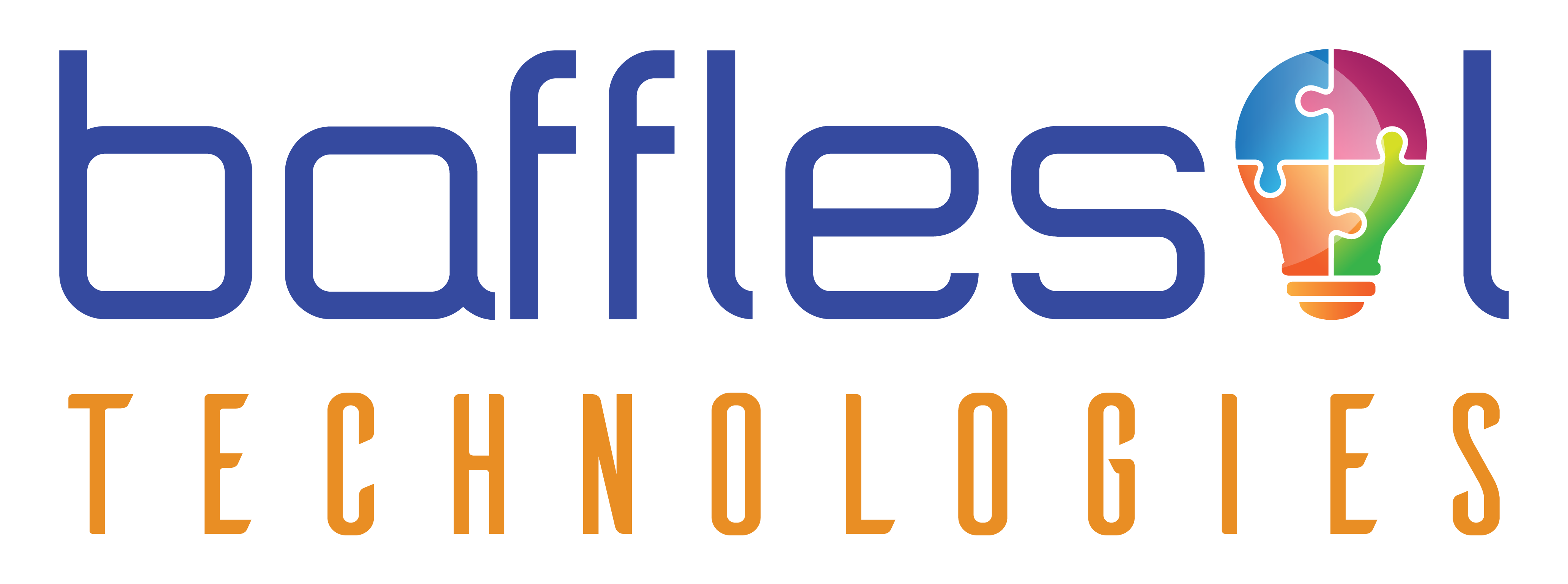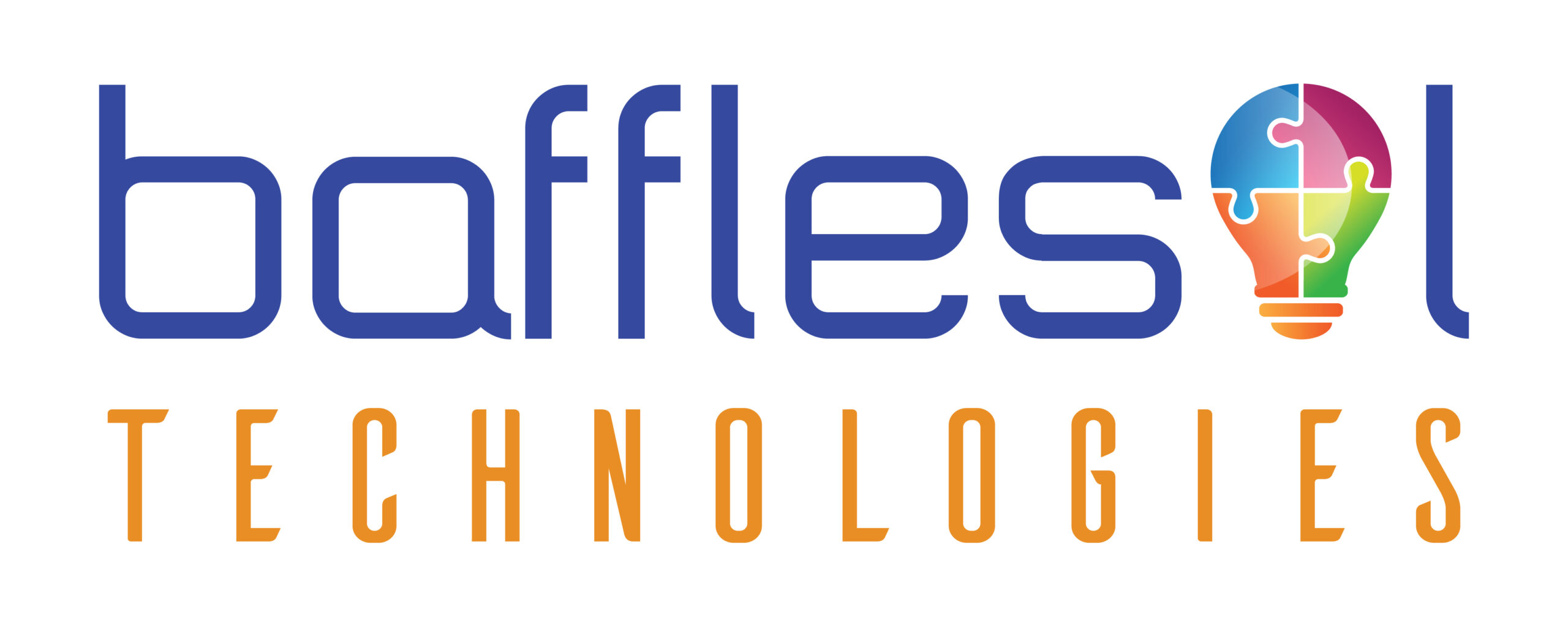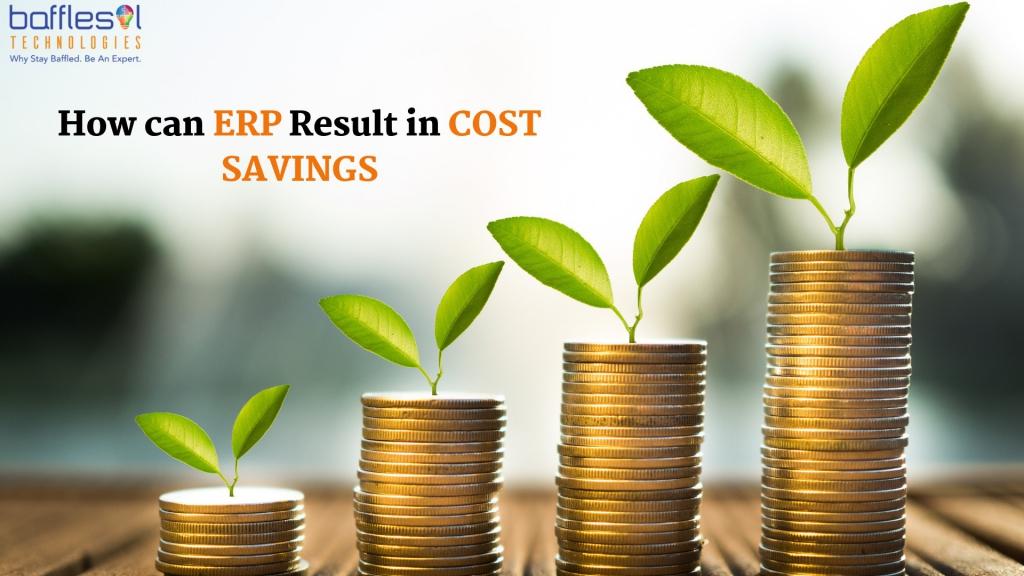Both small and large businesses are always on the lookout for ways to cut operational costs while improving efficiency. Getting more work done for lower costs results in improved profits and business growth. But whenever organizations think of making the ERP purchase decision, cost becomes one of the key factors in determining ERP implementation. Many small size companies consider ERP expensive and unnecessary due to budget constraints. Whereas, on the contrary, an ERP helps organizations save money tremendously in the long run.
Read the below points to understand why investing in an ERP System might be a good idea to save cost for your business:
- Initial Cost: The initial investment cost of an ERP system can vary on the basis of the needs of the organization. The average cost of investment however is primarily subject to the number of users, customization and brand.
- Labour Costs: Organizations have struggled with cutting labour costs for a long time. Regular overtime and inefficiencies in finishing a task creates a significant indentation in the company budget. Therefore, implementation of ERP becomes a necessary medium for users to attend to the same matters in the most efficient manner.
- Admin Costs: An ERP system transforms admin functions by integrating all the activities on one single platform resulting in less wastage of time due to duplication of work and efforts. Hence ERP System leading to efficient business processes that costs less than those unintegrated one.
- Inventory Costs: Nearly every business considers inventory o be a major expense. An ERP software can help you balance what an organization has in hand with respect to their customer needs reducing any extra inventory sitting around and taking up unnecessary space.
- Material Costs: Production team of a manufacturing facility pays great attention to material management and inventory. However, it is often observed that they order either excessive or insufficient raw materials required for an order. The former leads to wastage of resources while the latter can increase cost of procurement for fulfilling order requirement. To overcome this an ERP’s module tracks and assess exact material requirement & costs.
- Reduces Training Costs: Most ERP solutions are equipped with tutorial videos, instruction manuals and training guides which fosters self-guided training to new employees enable experienced employees to spend more time doing their jobs rather than teaching them.
Therefore, it is safe to say that an ERP system can benefit the organization in the long run in terms of saving costs. With smoother day to day operations, businesses can maximize their profitability, optimize resource utilization and reduce budget, enabling them to save and invest more on creativity and innovation.
Get in touch with us for ERP Implementation, Upgrade and Support.



